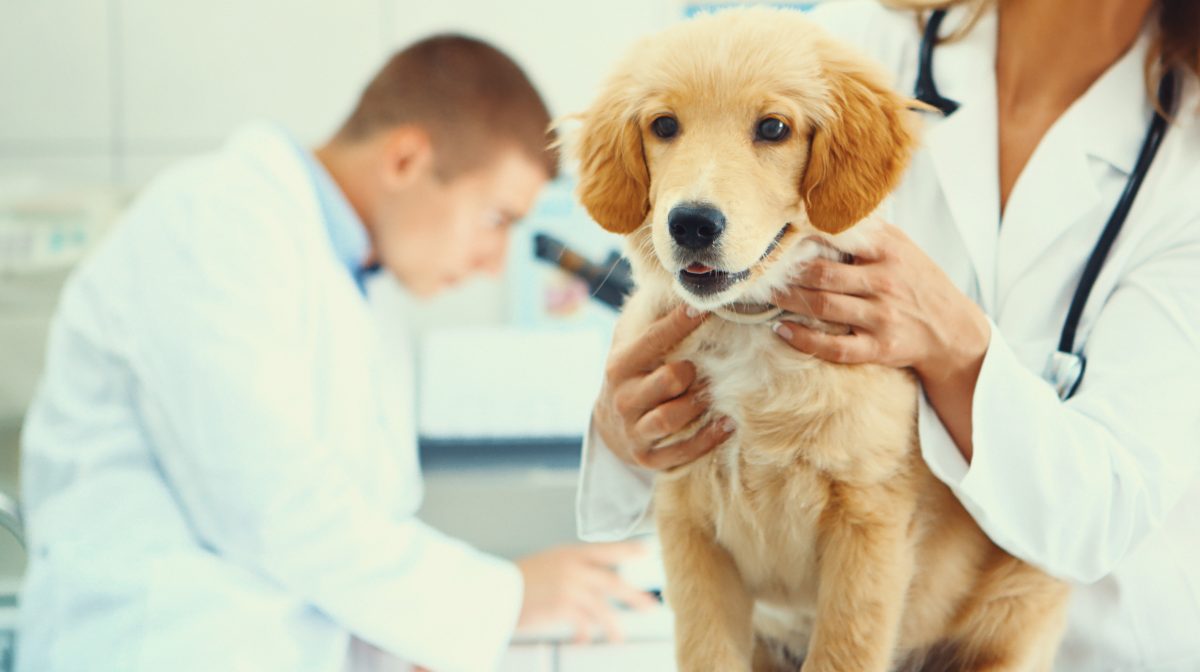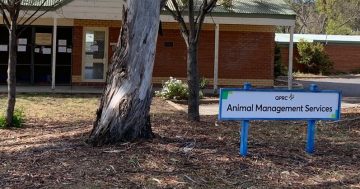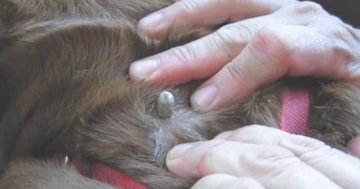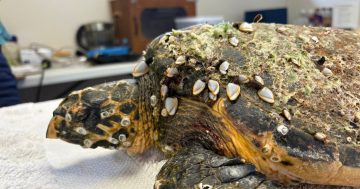
Vets are urging pet owners to make sure their four-legged friends are up to date with their vaccinations. Photo: gilaxia.
The rare infection leptospirosis has killed four dogs in NSW, triggering calls for owners to vaccinate their pets.
The four cases, not thought to be connected, occurred in the Illawarra, Far South Coast, Newcastle, and Port Stephens.
Leptospirosis is a bacterial disease that often spreads through stagnant water. It is a very serious infection for dogs, with a mortality rate above 80 per cent for unvaccinated animals. Symptoms include vomiting, diarrhoea, and lethargy.
Based in the Illawarra, Coastal Vet Collective’s Dr Luke Michel said it has become a more significant problem in recent years.
“Until probably five or six years ago, we didn’t see too many cases of it in this area, but they have an outbreak in inner west Sydney, and we’re starting to see cases pop up various places,” he said.
A NSW Health fact sheet says the infection is caused by leptospira bacteria that target the kidneys and liver.
Mice and rats are two of the common carriers, spreading it through their droppings.
The most common way dogs become infected is by drinking infected water. They can also be infected by being bitten by an infected animal or consuming infected animal tissue.
Experts recommend keeping dogs away from stagnant water as one of the most effective ways to prevent infection.
“Dogs come in contact with infected water sources, like lakes and puddles and things like that. Often wild animals urinate in that stagnant water, and then the dogs come in contact with that, which crosses through the mucus membrane through their gums and those abrasions in their teeth,” said Dr Michel.
Unfortunately for dog owners and vets, symptoms of the infection are not easy to spot, said Dr Michel.
“Fatality rates are quite high, especially in unvaccinated dogs. The clinical signs they show aren’t specific, where you go, ‘That’s leptosperosis’. These dogs are just really sick – they’re lethargic, they’re off their food, they’re vomiting, then they get worse and worse from there.”
Leptospirosis outbreaks can be exacerbated by warm weather, rodent infestations and flooding, which was observed in Queensland earlier this year.
A vaccine is available to protect canines, though it needs to be administered annually. Owners are encouraged to check with their vets about their pets’ vaccination status and to keep them up to date.
A previous outbreak in Sydney was exacerbated by lower vaccination rates due to supply shortages.
“There’s quite an effective vaccine, [but] we had trouble sourcing vaccines for the last few years, but the supply seems pretty good now,” said Dr Michel.
“There are two different types available, which makes it a bit easier and certainly reduces their risk of getting the disease, but also if they do get it, it does seem, they tend to get a less severe case when they’re vaccinated.”
Three of the four dogs killed recently were confirmed as unvaccinated, with the status of the fourth unknown according to the Mittagong Veterinary Hospital, which published an alert.
Leptospirosis was extremely rare in southeast Australia with no recorded cases in the Sydney area between 1976 and 2017. However, after an outbreak in 2017, cases of the infection have grown.
While the infections are still rare the consequences for dogs are high. Dr Michel said the effects on dogs were awful and he emphasised the importance of getting dogs vaccinated just in case.
An investigation into the infection is ongoing by the University of Sydney’s School of Veterinary Science. Dogs that were in contact with those infected are being monitored.












